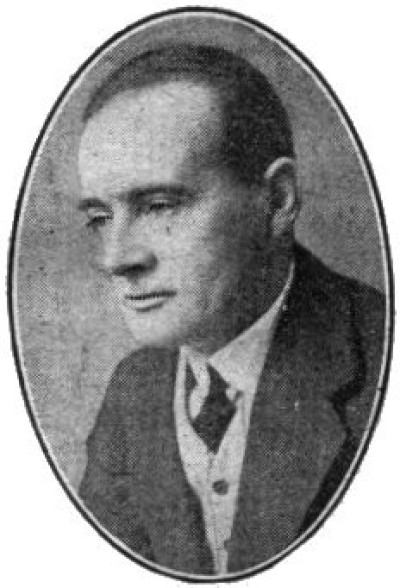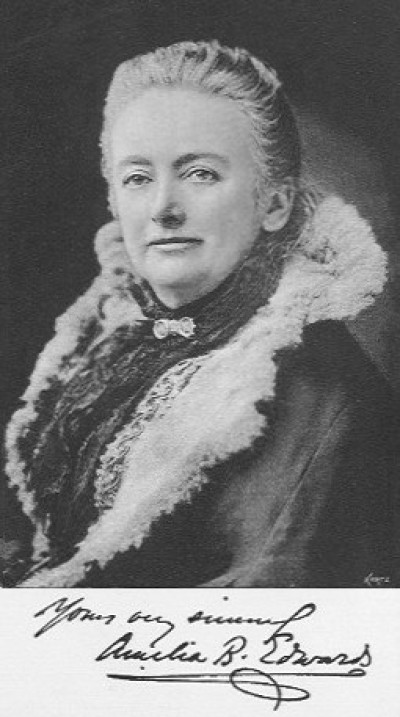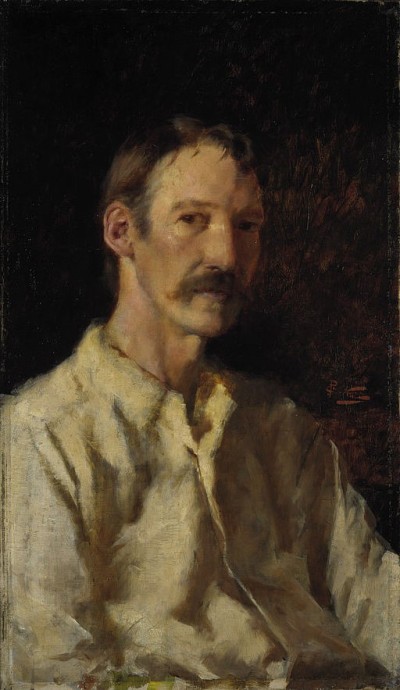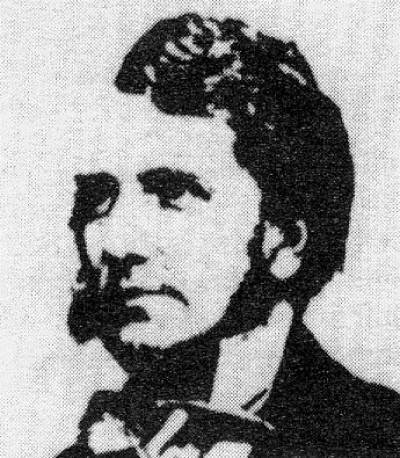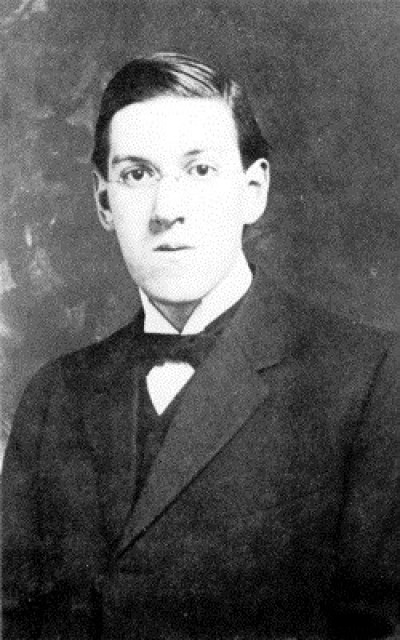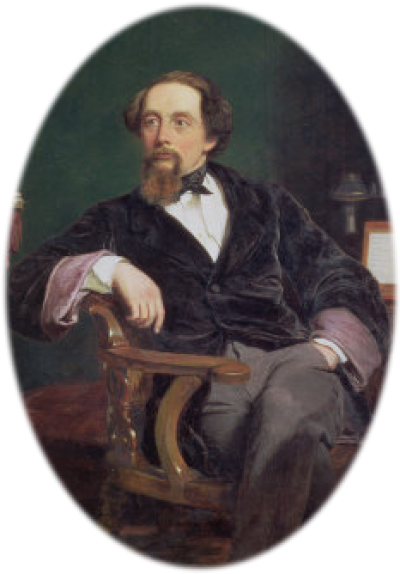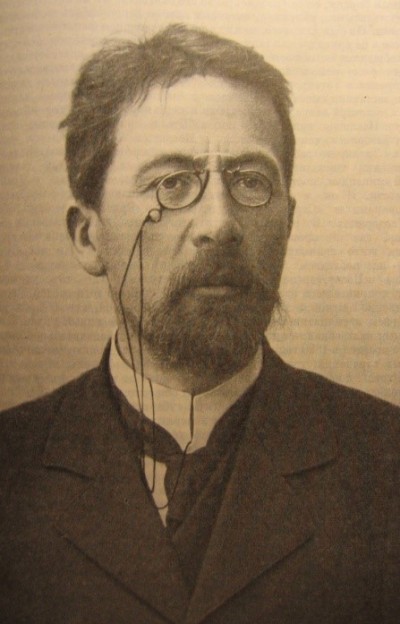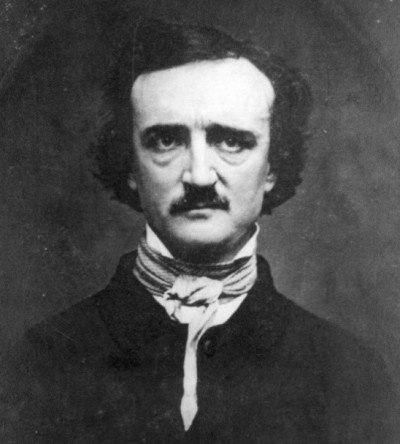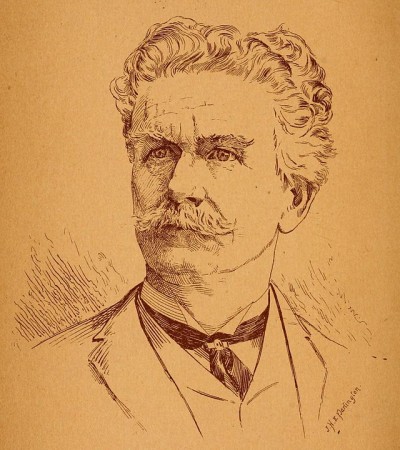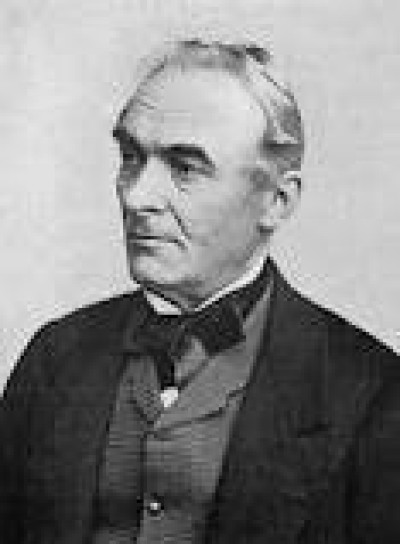Course description
Saki - Laura
Hector Hugh Monro, an upper-class Englishman, is better-known by his pen name, Saki. He was born in 1870 and, after living for many years with two aunts (that he hated) in England, he returned to the country of his birth, Burma, to be a soldier in the British Army in 1893. Unfortunately, he became seriously ill with malaria and had to return to England after a year.
He took up writing as a job and gave us some of the finest short stories in English, but once again joined the army at the start of the First World War in 1914. He preferred to fight as an ordinary soldier rather than an officer, although he was well over the maximum age to be in the army. He was killed in fighting in 1916. His last words to another soldier were: “Put out that bloody cigarette”, before he was hit by a sniper’s bullet.
Laura
“You’re not really dying, are you?” asked Amanda.
“I have the doctor’s permission to live till Tuesday,” said Laura.
“But today is Saturday. This is serious!” answered Amanda.
“I don’t know about serious but it is certainly Saturday,” said Laura.
“Death is always serious,” said Amanda.
“I never said I was going to die. I think I am going to stop being Laura, but I shall go on being something else. Some kind of animal, I suppose. You see, when you haven’t been very good in life, you come back as a lower organism. And I haven’t been very good. I’ve been petty and mean and vengeful and all that sort of thing when it was necessary.”
“That sort of thing is never necessary,” said Amanda quickly.
“If you don’t mind,” replied Laura, “Egbert is that sort of thing I’m talking about. You’re married to him — that’s different; you must love, honour, and put up with him: I’m not.”
“I don’t see what’s wrong with Egbert,” complained Amanda.
“Oh, I’m sure the wrongness is my fault,” answered Laura quietly, “he has just been an excuse. He made a great fuss, for instance, when I took the puppies from the farm out for a run the other day.”
“They chased his young Sussex chickens, besides running all over the flower gardens. You know how he loves his chickens and garden.”
“But he went on and on about it for the whole evening and then said, ‘Let’s say no more about it’ just when I was beginning to enjoy it. That’s where one of my petty acts of revenge came in,” added Laura. “I turned the whole family of speckled Sussex chickens into his seed shed the day after the puppy incident.”
“How could you?” asked Amanda.
“It came quite easily,” said Laura; “two of the hens were laying eggs at the time, but I was firm.”
“And we thought it was an accident!”
“You see,” began Laura again, “I really have good reasons for thinking my next life will be as a lower organism. I’ll be an animal of some kind. On the other hand, I haven’t been a bad sort in my way, so I think I’ll be a nice animal, something sweet and lively, with a love of fun. An otter, perhaps.”
“I can’t imagine you as an otter,” said Amanda.
“Well, I don’t suppose you can imagine me as an angel, either,” said Laura.
Amanda was silent. She couldn’t.
“I think an otter’s life could be enjoyable,” continued Laura; “Fish to eat all year without waiting forhours till you can catch one; and a slim body…”
“Think of dogs hunting otters,” said Amanda. “How terrible!”
“I’m not sure. Quite a lot of fun with all the neighbours looking and, anyhow, not worse than this Saturday-to-Tuesday business of dying slowly. And then I would be something else. If I am quite a good otter, I suppose I could get back into human shape; probably something primitive — a little brown, unclothed Egyptian boy, Ithink.”
“Be serious,” said Amanda; “You really should be ifyou’re only going to live till Tuesday.”
As a matter of fact, Laura died on Monday.
“So upsetting,” Amanda complained to her uncle, Sir Lulworth Quayne. “I’ve asked a lot of people for golf and fishing, and the roses are looking their best.”
“Laura always was thoughtless,” said Sir Lulworth. “She was born during a really important Test match week, with a government minister here in the house who hated babies.”
“She had the craziest ideas,” said Amanda.“Do you know if there is any madness in her family?”
“Madness? No, I never heard of any.”
“She had an idea that she was going to come back as an otter,” said Amanda.
“You hear these things so often, even in the West,” said Sir Lulworth, “that you can’t really call them mad. And Laura was a strange person in this life. I wouldn’t like to make rules about what she could do in the afterlife.”
“You think she really might change into some animal?” asked Amanda.
Just then Egbert entered the breakfast room, looking so upset that Laura’s death could not be enough to explain it.
“Four of my Sussex chickens are dead,” he said, “the four that were to go to the show on Friday. One of them was eaten right in the middle of that new flower garden that I’ve spent so much money on. My best flower bed and my best chickens destroyed. It almost seems like the animal knew how to be as horrible as possible.”
“Was it a fox, do you think?” asked Amanda.
“No,” said Egbert, “there were marks of webbed feet all over the place, and we followed the tracks down to the stream at the bottom of the garden; it was an otter.”
Amanda looked quickly and secretly across at Sir Lulworth.
Egbert was too upset to eat breakfast, and he went out to make the birds’ cage stronger.
“Really Laura should wait till the funeral is over,” saidAmanda.
“It’s her own funeral, you know,” said Sir Lulworth.
Next day, during Laura’s funeral and when the family was at the ceremony the remaining Sussex chickens were killed and partly eaten. Most of the flower beds (but this time also the strawberry beds) in the garden suffered.
“I’ll get the hunting dogs to come here as soon as possible,” said Egbert.
“No! You can’t dream of it!” shouted Amanda. “I mean, not so soon after a funeral in the house.”
“It’s necessary,” said Egbert. “When an otter starts that sort of thing, it won’t stop.”
“Perhaps it will go somewhere else now there are no more chickens left,” suggested Amanda.
“It seems you want to protect the animal,” said Egbert.
“There’s been so little water in the stream lately,” complained Amanda. “It doesn’t seem fair to hunt an animal when it has so little chance of escaping anywhere.”
“I’m not thinking about sport. I want to kill the animal.”
During church the following Sunday, the otter made its way into the house, stole half a very expensive fish from the kitchen and tore it into little bits on Edgar’s favourite carpet in his bedroom.
“It will hide under our beds and bite pieces out of our feet before long,” said Egbert. From what Amanda knew of this otter, she felt that it might be possible too.
The evening before the hunt, Amanda spent an hour walking by the stream, making what she imagined to be dog noises.
It was her friend and neighbour, Aurora Burret, who brought her news ofthe day’s sport.
“Pity you weren’t there. We had quite a good day. We found it at once in the pool just below your garden.”
“Did you kill it?” asked Amanda.
“Yes. A fine female otter. It badly bit your husband. Poor animal! I felt quite sorry for it, it had such a human look in its eyes when it was killed. You’ll call me stupid, but do you know who the look reminded me of? My dear woman, what’s the matter?”
When Amanda recovered from her nervous breakdown, Egbert took her to the Nile to recover. The change of scene speedily improved her health. The adventures of an otter looking for a change of diet could not frighten her any more. Amanda’s normal calm returned. Even a hurricane of shouts,coming from her husband’s room in the hotel – in her husband’s voice, but not in his usual vocabulary – did not disturb her as she got ready for dinner one evening in a Cairo hotel.
“What’s the matter? What’s happened?” she asked.
“The little devil has thrown all my clean shirts out the window! Wait till I catch you, you little…”
“What little devil?” asked Amanda, trying not to laugh.
“A little naked brown Egyptian boy,” cried Egbert.
And now Amanda is seriously ill.

